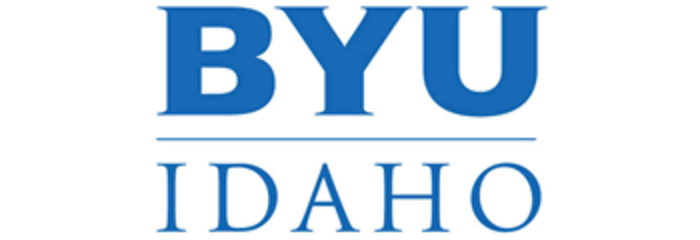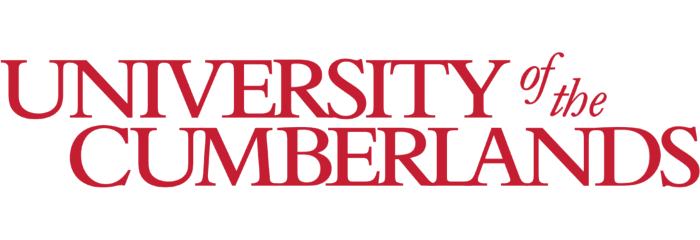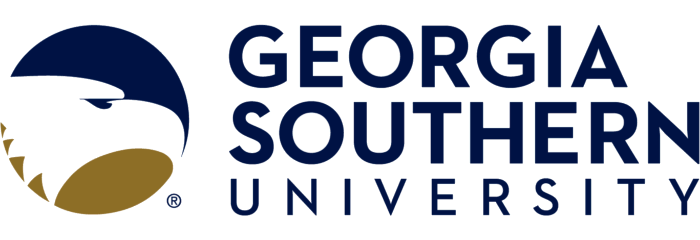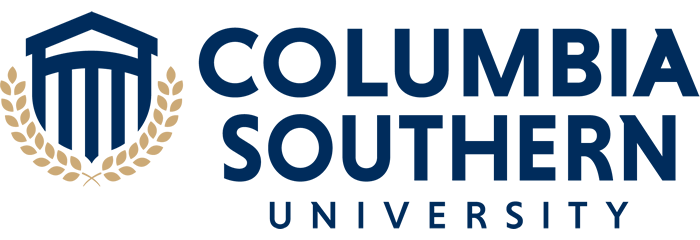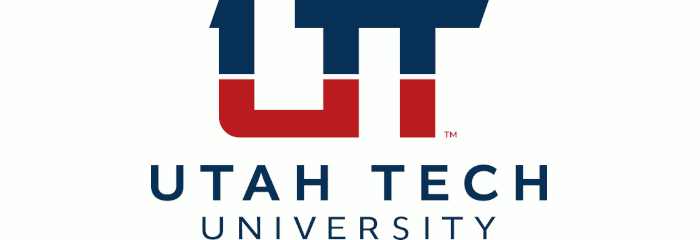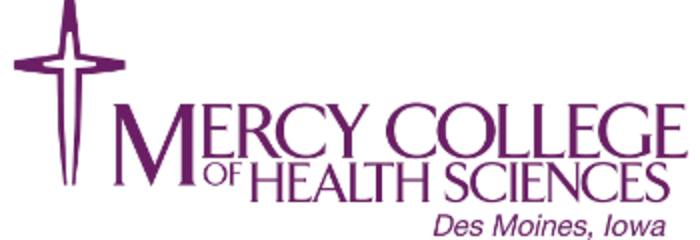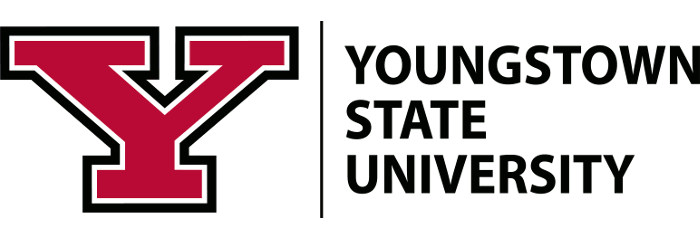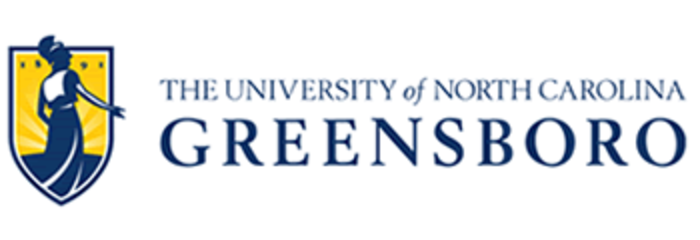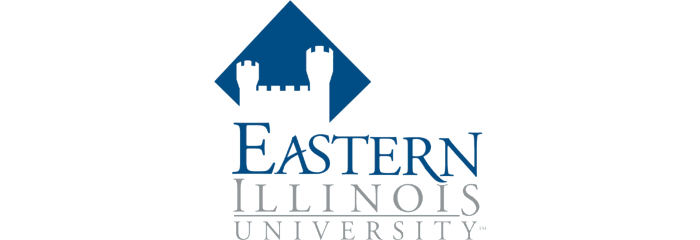2023 Most Affordable Online Public Health Degrees
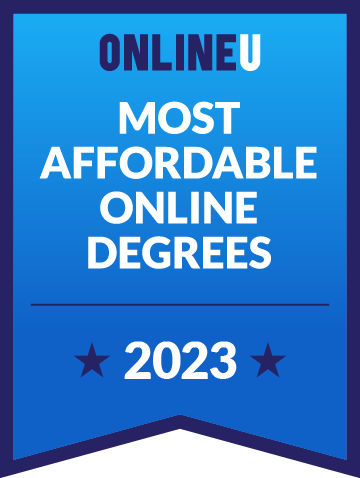
An online bachelor's degree in public health teaches students how to promote positive health behaviors and educate communities on disease prevention and other health-related issues. Science plays a big role in this field, with programs covering microbiology, epidemiology, and chemistry, among other subjects. Not only will students learn the fundamentals of science as they relate to public health, but faculty also teach them how to effectively communicate that information to the public.
Similar bachelor's degrees, such as healthcare management or emergency management, are also suitable for similar career outcomes. For those who wish to continue their study of public health, there are affordable master's degrees in public health that may be worth exploring after graduation.
View our methodology for details about rankings or learn more about us. You can also check out our overall list of the most affordable online degrees for inspiration.
ON THIS PAGE
Courses Financial Aid Scholarships Worth It?| Rank | School | Locations | Annual Tuition |
|---|---|---|---|
| Brigham Young University - Idaho | Rexburg (ID) | $3,888 | |
| University of the Cumberlands | Williamsburg (KY) | $5,970 | |
| Georgia Southern University | Statesboro (GA) | $6,169 | |
| Columbia Southern University | Orange Beach (AL) | $7,050 | |
| Utah Tech University | St. George (UT) | $7,140 | |
| Mercy College of Health Sciences | Des Moines (IA) | $7,575 | |
| Mississippi University for Women | Columbus (MS) | $7,656 | |
| Youngstown State University | Youngstown (OH) | $8,042 | |
| University of North Carolina at Greensboro | Greensboro (NC) | $9,324 | |
| Eastern Illinois University | Charleston (IL) | $9,472 |
Brigham Young University - Idaho Rexburg (ID) Brigham Young University - Idaho (BYU) is a private, religious institution with a Bachelor of Applied Science in Applied Health - Community Health Methods and Evaluation, which requires 120 credit hours. Typically, students complete this program in four years if they study full time. BYU has an acceptance rate of 97%, along with a 67% graduation rate. Students at BYU utilize Canvas as their learning management system (LMS). This allows students to complete their coursework completely online. The curriculum for the applied health degree teaches students about public health program planning and implementation, while the community health methods and evaluation concentration helps them learn how to identify the needs of a community through theories and models. Core classes include Social Innovation, Community Health Methods, and Program Evaluation. An applied health internship is also required. Alumni often pursue careers as health coordinators, evaluators, and educators.
|
University of the Cumberlands Williamsburg (KY) University of the Cumberlands (UC) is a private, Christian university offering a Bachelor of Science in Public Health. This program requires 120 program hours, which most students aim to complete in four years on a full-time schedule. The acceptance rate at UC is 81%, with 60% of students graduating with a degree. UC students utilize a combination of Blackboard and iLearn for their remote coursework, which they can complete 100% online. The goal of this degree is to teach students how to analyze, evaluate, manage, and communicate important issues related to public health. Along with a capstone project, required classes include Substance Abuse, Epidemiology, and Nutrition. Additionally, UC offers a Bachelor of Applied Science - Public Health which focuses on management, leadership, and technological skills in public health. Graduates of either program may go on to explore careers as family support workers, caseworkers, and community health workers.
|
Georgia Southern University Statesboro (GA) Georgia Southern University is a public institution offering a Bachelor of Science in Public Health that requires 124 credits. Full-time students may complete this program in four years. Overall, Georgia Southern has a 91% acceptance rate, along with a 51% graduation rate. At Georgia Southern, students use a branded version of Brightspace, called Folio, as their LMS. This allows students to study completely online and on a flexible schedule. The curriculum for the public health program emphasizes global health, which looks at the health disparities and risk factors of different communities from a global and local perspective. The major requirements for this degree include an internship as well as the following classes: Health Systems and Advocacy, Modifying Health Behaviors, and Principles of Environmental Health. Graduates may explore careers as health education specialists, public health advisors, and employee wellness managers.
|
Columbia Southern University Learn more about how we make money."> Orange Beach (AL) Columbia Southern University (CSU) is a private university with a Bachelor of Science in Occupational Safety and Health. The program requires 120 credits, which can take full-time students four years to finish. The acceptance rate at CSU is 100%, with 48% percent of students graduating. Students at CSU use the Blackboard LMS, which allows them to complete online classes on a flexible schedule. The curriculum for this degree explores both the theories and technologies that are used to keep industries safe and healthy. Construction Safety, Industrial Ergonomics, and Toxicology are all required courses. This program offers a pathway to the Certified Safety Professional (CSP) designation. Career opportunities for alumni include occupational health and safety specialists.
|
Utah Tech University St. George (UT) Utah Tech University (UT) offers a Bachelor of Science in Integrated Studies - Public Health requiring 120 credit hours. Students may be able to complete this degree in four years while studying full time. Although all applicants who apply are accepted, only 40% graduate with their diplomas. At UT Online, students use Canvas as their remote LMS, allowing students to study 100% online. The bachelor's in integrated health requires students to select two different emphases and includes public health as an option. There are also options for long-term care administration, healthcare administration, and family studies and human development, among others. The curriculum integrates two chosen areas. For public health, core classes include Health Promotion, Health Policy, and Community Health Communication. An integrated senior thesis project is also required. Graduates are eligible to pursue professional roles in public and community health management.
|
Mercy College of Health Sciences Des Moines (IA) Mercy College of Health Sciences (MCHS) is a private college offering a Bachelor of Science in Public Health. This online degree requires 120 credits, with 45 related to the major. Students may complete the degree in four years while studying full time. MCHS has a 92% acceptance rate, and 67% of students graduate. Students at MCHS use their own online platform to study and complete their degrees online. The curriculum for their public health degree explores everything from natural disasters to infectious diseases, including prevention and community impact. Core classes for this program include Environmental Health, Epidemiology, and Biostatistics. A 45-hour practicum is also required. Graduates may seek employment as grant writers, environmental health advocates, or health program planners.
|
Mississippi University for Women Columbus (MS) Mississippi University for Women (The W) is a public university with a Bachelor of Science or Applied Science in Public Health Education. These programs each require 124 credit hours to graduate, with most students finishing their degree in four years on a full-time study schedule. The W has an acceptance rate of 99%, and 62% of students graduate. Canvas is the primary LMS at The W, allowing students to study completely online. Each curriculum is focused on disease prevention and the promotion of health, with the applied science degree more clearly designed for students who have already completed an associate of applied science in an allied health field such as nursing or radiology technology. Core classes include Biostatistics, Global Health, and Infectious Diseases in Public Health. Career opportunities include roles as health educators and community health workers.
|
Youngstown State University Youngstown (OH) Youngstown State University (YSU) is a public university offering a Bachelor of Science in Applied Science in Public Health that requires 127 credit hours. This degree has two available tracks: (1) Environmental Health and Safety and (2) Health Education/Health Promotion. Students may also choose a Public Health Minor. Students can potentially finish this program in four years if they study full time. YSU's acceptance rate is 70%, and its graduate rate currently rests at 38%. Students at YSU use Blackboard as their digital learning platform, which is fully online and delivered asynchronously. The curriculum teaches students how to assess individual and community health needs, promote relevant health initiatives, and manage health education programs. Core coursework includes Biostatistics, Epidemiology, and Environmental Health. An internship and senior seminar are also required before graduation. Once the degree is finished, career opportunities may be available as health inspectors and health educators.
|
University of North Carolina at Greensboro Greensboro (NC) The University of North Carolina at Greensboro (UNCG) is a public university offering a Bachelor of Science in Public Health Education. This degree requires 120 credit hours, and full-time students may finish in four years. Students must have at least an associate degree before applying. Overall, UNGC has an acceptance rate of 88%, with 57% of students graduating. At UNGC Online, students use the Canvas LMS, which allows students to finish their public health degree entirely online. The bachelor's program teaches students to investigate and identify important health issues before implementing large-scale solutions for vulnerable communities. Major courses include Public Health Diseases; Epidemiology; and Income, Social Status, and Health. Graduates may enter careers in health research, disease prevention, and health advocacy.
|
Eastern Illinois University Charleston (IL) Eastern Illinois University (EIU) is a public institution offering a Bachelor of Science in Public Health with two concentration options: (1) Community Health and (2) Emergency Management and Disaster Preparedness. Each degree requires 120 credit hours, which students may finish in four years on a full-time track. The acceptance rate at EIU is 56%, while 61% of students graduate. The primary learning software at EIU is Brightspace. Through this LMS, students can study completely online and asynchronously. The curricula for each track differ slightly, with community health being focused on the skills needed to improve the health and well-being of individuals in a community. The emergency management and disaster preparedness track explores the professional responsibilities of firefighters, paramedics, and FEMA workers. Core classes for both tracks include Human Diseases, Planning Health Programs, and Community Health Behavior Methods. An internship is also required for each track. Job opportunities may vary depending on the concentration, but students can explore roles in a variety of private and government health and safety agencies.
|
Common Courses: Common Bachelor’s in Public Health Courses
A bachelor's program in public health blends courses in science, public policy, government support, and management. Some of the diverse courses often included in an online public health program include the following:
- Anatomy and Physiology: Public health professionals need to understand basic medical terminology, concepts, and processes. In this course, students learn the essential components and systems of the human body and how they function. They also explore the causes, diagnoses, and treatments of common diseases.
- Epidemiology: Public health professionals need to understand the factors that lead to the appearance and spread of diseases. Students learn how to use tools for evaluating and monitoring a population's health as well as strategies for controlling the factors that can lead to the distribution of disease.
- Chronic Diseases: This course trains students to assess, manage, and implement programs addressing chronic diseases, such as diabetes, obesity, hypertension, and heart disease. Students learn how chronic diseases affect millions of people in the U.S. and pose a potential strain on our healthcare system and economy.
- Public Health Administration: This introductory course provides a broad overview of the primary theories, concepts, values, and administrative practices in use today in the U.S. public healthcare system. Students discover some of the factors affecting public health, including the public health system, essential services, and contributing areas of specialized knowledge, such as biostatistics, environmental health, epidemiology, and healthcare policy.
- Social and Behavioral Health: Social and individual behavior can have a significant impact on public health. This course examines how factors — such as culture, economic status, ethnicity, family, and gender — can influence a population’s perceptions and willingness to embrace change.
Financial Aid: Funding an Online Bachelor’s in Public Health
You may want to apply for financial aid if you're pursuing a bachelor's in public health. If you need help paying for your online degree, consider federal, local, and private scholarship opportunities, as these don't need to be repaid. A suitable public health work-study program will enable you to offset the cost of your education while gaining industry experience. You can also apply for student loans. Notably, federal and state loans have the cheapest repayment plans. Online students should verify whether they need to fulfill additional requirements to be eligible for aid.
Fill out the Free Application for Student Aid (FAFSA) to determine what kinds of aid you're eligible to receive. Our FAFSA guide walks you through this complex form, including how to complete it accurately.
Where to Look for Additional Financial Assistance
You should consult your university or prospective college's financial aid department for information on financial assistance programs. To help pay for your public health degree, you may also consider applying to the scholarships below:
This annually awarded $20,000 scholarship is open to undergraduate students hoping to pursue a career in biomedical, behavioral, and social science health-related research. Students must be U.S. citizens that are either enrolled or accepted for enrollment in a U.S.-based undergraduate program, and they must demonstrate exceptional financial need.
Starting at $500, this scholarship is for residents of Massachusetts pursuing a four-year degree (graduate students may also apply). Applicants must be residents of Massachusetts and enrolled in a degree-seeking program.
The Arkansas Public Health Association annually offers one student $1,000 to help secure a public health degree. Awardees must be enrolled in an institution based in Arkansas, have a GPA of 3.0 or higher, and be an APHA student member.
Is an Online Bachelor’s in Public Health Worth It?
A public health degree’s worth depends on your personal and financial circumstances. If you are willing and able to set aside the time and money for this pursuit, this degree can lead to gainful career opportunities in the growing healthcare industry.
The salary and job outlook for those with a bachelor’s in public health is generally favorable. Not only do online programs offer students experience, but graduating with a public health degree may also lead to earnings above the U.S. economy’s average of $41,950 per year. Below are some typical roles and corresponding salaries for public health graduates:
- Health education specialists’ average annual salary is $48,140.
- Although it may require additional work experience, medical and health services managers make approximately $104,280 per year.
Aside from potential earnings, consider the following advantages and possible drawbacks of pursuing an online bachelor's degree in public health:
Advantages:
- An online degree in public health can be a relatively cheap way to develop unique skills, like cultural competence and biostatistics, which are applicable across multiple sectors.
- Those with a public health degree may benefit from expanding career opportunities and job security in the future. Based on the healthcare industry’s size in 2020, it is projected to grow 16% by 2030, which amounts to 2.6 million new jobs.
Drawbacks:
- A bachelor's degree is often insufficient if you want to pursue advanced roles in the healthcare industry. To grow in this field, you will likely need a master's in public health.
- Online students that don't participate in ample fieldwork may not gain the same level of exposure and hands-on experience as those completing an in-person public health undergraduate program.
Related Articles
2023 Most Affordable Online Colleges & Degrees
The top affordable online colleges of 2023. Find cheap online associate, bachelors, master's, and doctoral degrees.
By OnlineU Staff Writers | 2/9/2023
